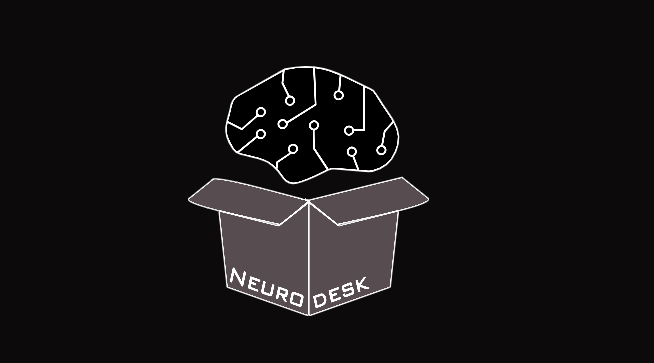Aussie-led international team develop groundbreaking new platform to fast-track lifesaving brain research

The Neurodesk platform will enable scientists to accelerate research on conditions by enabling faster processing and analysis of neuroimaging data.
In summary
- An international team led by Australian researchers has developed a groundbreaking platform that will transform neuroimaging data analysis worldwide.
- Neurodesk will enable scientists to accelerate research on conditions by enabling faster processing and analysis of neuroimaging data.
- Brain research requires the analysis of massively detailed data sets generated by increasingly powerful techniques.
An international team led by Australian researchers has developed a groundbreaking platform that will transform neuroimaging data analysis worldwide. The Neurodesk platform will enable scientists to accelerate research on conditions such as epilepsy, dementia, schizophrenia and traumatic brain injury by enabling faster processing and analysis of neuroimaging data.
Brain research requires the analysis of massively detailed data sets generated by increasingly powerful techniques to measure brain structure and function such as MRI, MEG and EEG.
Led by Swinburne University of Technology, University of Queensland, and University of Sydney, Neurodesk addresses the analysis challenges presented by these data sets through an open source platform that can be installed and operated anywhere.
“Our platform makes a continuously expanding range of cutting-edge analytic techniques and software accessible to researchers across the world,” says Swinburne project lead and Director of Neuroimaging Professor Tom Johnstone.
“It allows researchers to leverage the most powerful supercomputers and cloud platforms on an individual researcher’s laptop, and is easy to install and update.”
Creating Neurodesk required an international team with expertise across signal and image processing, medical physics, software engineering, AI and machine learning. The open source Neurodesk platform is designed to support transparent and reproducible research, so that scientists can share and cross-validate their analyses and accelerate research in critical areas.
Neurodesk is supported by the Australian Research Data Commons (ARDC), the Australian National Imaging Facility and the Australian Brain Alliance with international partners including Harvard, MIT, and University College London.
With extra funding, the team is looking to broaden its scope to other neuroimaging methods and applications that will fast track the process of diagnosis and treatment for brain related illnesses.
-
Media Enquiries
Related articles
-

- Design
- Technology
- Health
- Law
- Education
- Business
- Science
- University
- Engineering
Swinburne moves up in Times Higher Education World University Rankings by Subject 2026
Swinburne University of Technology has performed strongly in the Times Higher Education World University Rankings by Subject 2026, with two subjects moving up the ranks.
Thursday 22 January 2026 -

- Health
Revealing the parental role in preventing childhood internet addiction and how to combat it
New Swinburne-led research has found that the use of mobile devices by primary school-aged children for gaming, social media and streaming significantly increases the risk of internet addiction – and parents are the main influence.
Tuesday 20 January 2026 -

- Technology
- Science
- University
- Aviation
- Sustainability
- Engineering
Swinburne secures AEA funding in aerospace, critical metals, sustainable steel production and protective helmet design
Swinburne University of Technology researchers have secured over $1.6 million in funding from Australia’s Economic Accelerator (AEA) Ignite grants.
Thursday 22 January 2026 -

- Student News
- Science
- Sustainability
Introducing tomorrow’s global science communicators
Start Talking is Swinburne’s unique video-based public speaking competition, exclusively for undergraduate students
Monday 08 December 2025 -

- Astronomy
- Technology
- Health
- Science
- University
- Sustainability
- Engineering
Swinburne highly cited researchers reach the top in 12 fields
Ten Swinburne academics have been named on the Highly Cited Researchers 2025 list, released by Clarivate
Tuesday 02 December 2025

